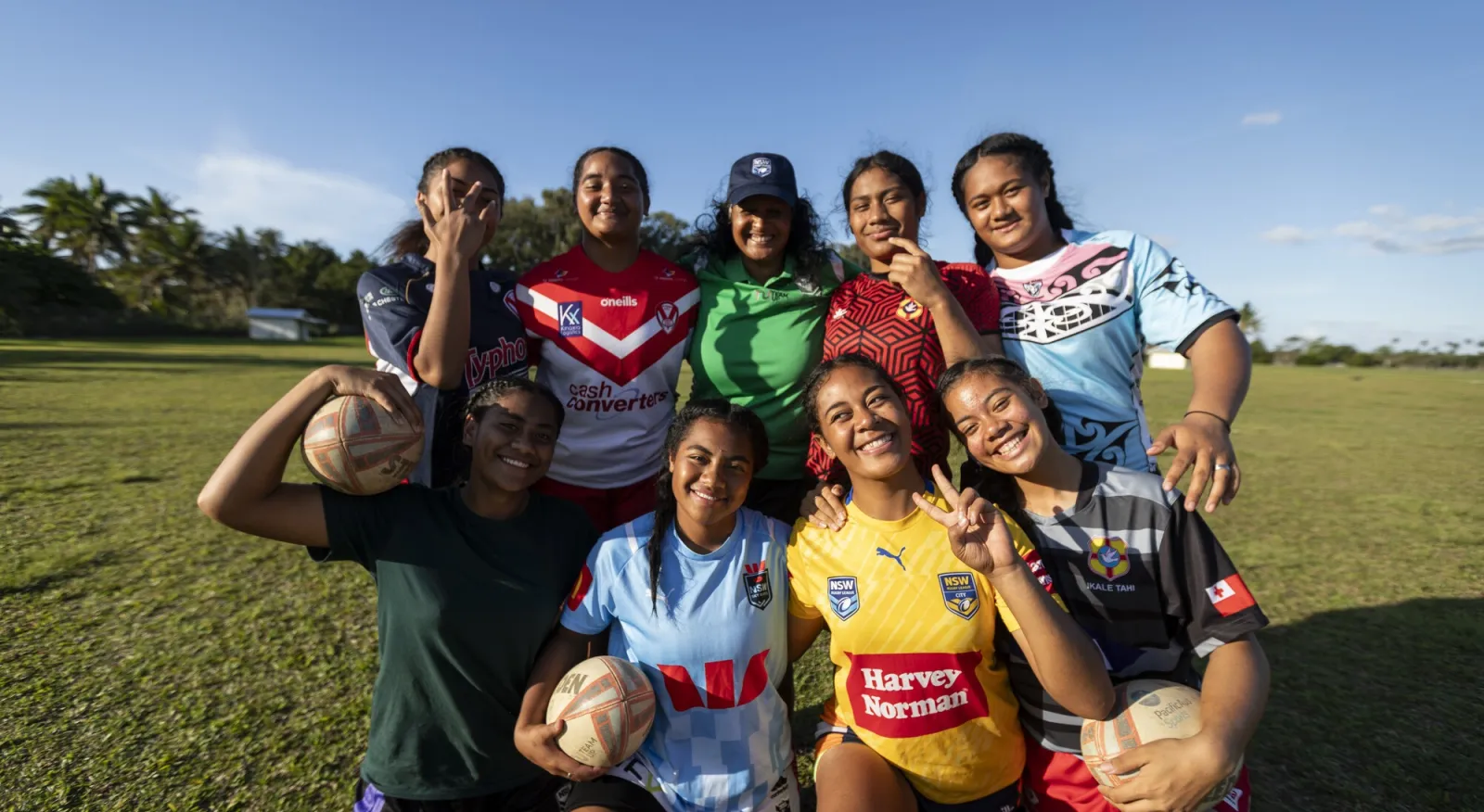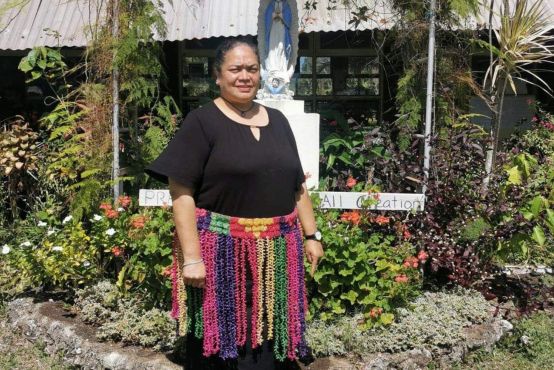
About Tonga
The Kingdom of Tonga is a Polynesian country made up of 176 islands, 36 of which are inhabited by a population of approximately 106,000. Most people live on the main island, Tongatapu, which is home to the capital city of Nuku’alofa.
The Tongan archipelago has been inhabited since it was first settled by the Lapita people 3000 years ago Tonga is the only Pacific nation never to have been colonised by a foreign power. It has always maintained its sovereignty, and its constitution was established in 1875.
After the arrival of the Western traders and missionaries which began in the late 18th centenary, Tongan culture changed dramatically. Some old beliefs and habits were discarded, and new ones adopted. Today, Tonga is a constitutional monarchy, there is a pro-democracy movement that promotes reforms, including better representation in parliament for Tongans, and better accountability in matters of state.
Tongans place a high value on their families, paying respect to those of seniority and maintaining oral traditions of storytelling. Modern-day Tongans are friendly, warm and hospitable people who prioritise positive social interactions.
In 2012 Tonga graduated to upper-middle income status. The country continues to face development challenges related to its geographic isolation, exposure to natural hazards, and its limited resource production and export base.
Australian volunteers have supported a wide range of Tongan partner organisations to achieve their development goals since 1965.
Learn more about the Australian Volunteer Program's work in Tonga.
Key things to consider about volunteering in Tonga
- Rural areas of Tonga can be quite remote. These areas may experience electricity outages and it can be a long way from good medical care should you need it.
- Natural Hazards. A tropical climate and being in the South Pacific means that volunteers may experience some geological and weather events. The cyclone season between November to April, earthquakes, tsunamis, and droughts are experienced on Tonga.
- There are limited internet services outside of the urban areas.
- The Tongan diet is meat-heavy, and a meal is considered incomplete without it. Fresh fruit and veg is readily available
- Tonga is a spiritual place with the Christian religion widely practiced. Dress code is very conservative with arms, legs, and chest having to be covered by clothing. Public displays of affection are also frowned upon.
Culture and religion
Sunday in Tonga is legally proclaimed as a day of rest and worship. The church supports both the spiritual needs of the population, and functions as the primary social hub.
Religion
The most represented religion in Tonga is Christianity, with around 99% of the population identifying with a denomination of Christianity. Tongans are extremely religious where religion is an integral part of their culture, from modest clothing to attending Sunday church services to it being illegal to conduct business or play sports on a Sunday.
Dress
Tongans wear modest clothes on all occasions. Men and women wear a tupenu, a cloth that is similar to a sarong, which is wrapped around the waist. On formal occasions, Tongans wear a ta’ovala, a string skirt attached to a waistband. There are expected standards of dress for different occassions, e.g., formal for meeting a Minister , black for funerals, etc.
Language
Tongan is the first language in Tonga with English as the second language. Tongans make use of different Tongan words and expressions when addressing, referring to, or speaking in the presence of persons of different social standing.
Volunteers are encouraged to learn Tongan. Most Tongans know how to speak in English but can sometimes be shy using it.
The program provides funding to support language lessons. More information on this process will be available during the onboarding process.
Explore our Pride Guides
LGBTQIA+ program participants must be aware of the country's context before undertaking an assignment. Pride Guides are designed to introduce key issues related to people with diverse SOGISEC & their participation in the program.
Learn more
Day to Day Life
Climate
Tonga's climate is tropical maritime and can be divided into two distinct seasons: a cooler and less rainy season between May and October and a warmer and rainier season between November and April. Cyclone season is generally from November to April
It is important to note the effects of climate change on day-to-day life and weather patterns in Tonga, this will look different based on location. According to the World Bank, due to climate change, Tonga is vulnerable to extreme weather events such as tropical cyclones, increases in sea level, and increases in temperature and precipitation. These increase the risks of drought, flood, and coral bleaching.
Telecommunications
Mobile coverage is generally good in urban areas but fades quickly as you move to rural locations.
Food and dining
As with most South Pacific nations, food in Tonga is heavy in protein and carbohydrates. Traditional foods include raw fish marinated in lemon juice (‘ota), lobster, fish, steamed pork and tropical fruits.
Food can be bought at markets and supermarkets, and prices can vary. There are a lot more local fruits and vegetables available in the local markets. Some supermarkets also stock gluten free and dairy free products, however these are limited and are not always available.
Alcohol is available, and illegal drugs are not tolerated.
Accommodation
The price of accommodation varies, and urban areas may be more expensive than villages. Volunteers are encouraged to share a house with others to afford appropriate accommodation. Program staff will help ensure you find a suitable place to live.
Find out about our in-country allowances
Transport
The main forms of public transport are bus and taxi. Buses do not have a timetable and go when they are full. If catching a bus to an outer village allow plenty of time to get a bus back.
Some volunteers buy a car.
Cycling is common in small, flat Tongatapu – it is about an hour’s bike ride to some beaches. The island group of Vava’u is very hilly so a bike is less practical there.
Travel to the outer islands involves either a long boat ride, or flights on the local domestic ariline. Flights are often unreliable due to weather and maintenance disruptions.
Volunteering in Tonga
Meet Sosefina Fineanganofo, a remote turned in-country volunteer, who has come full circle with her volunteering journey.
Learn more
Personal safety
When it comes to your safety and security you must be willing to adapt your behaviour and lifestyle to minimise the potential for being a target of crime. Like anywhere in the world, crime does exist in Tonga.
Tonga is located on the Pacific Ring of Fire and is prone to environmental risks such as volcanic activity and earthquakes. Weather impacts include periods of drought, monsoon rains, flooding and hurricanes. Volunteers are to avoid walking alone at night to avoid opportunistic crime. Police activity continues to target drug-related crime. Stray dogs can pose a threat to volunteers, and side streets are known to pose the greatest risk. Volunteers are encouraged to avoid known locations and close contact with street dogs and other animals.
Personal safety issues constantly evolve, we recommend you keep an eye on Smart Traveller for current information.
Mobility and accessibility
We’re committed to ensuring that international volunteering is inclusive and accessible to Australians from a range of backgrounds, with diverse perspectives, identities and abilities.
To support this, Access and Inclusion Plans are available for volunteers with disabilities to assess their needs and ensure their living and working requirements are fully considered. Indigenous Pathways is an Indigenous-led program that focuses on providing culturally safe, flexible and tailored support for Aboriginal and Torres Strait Islander volunteers.
Before applying for a volunteering assignment in Tonga, please do some further research on living in Tonga and the organisation you are hoping to volunteer with. Successful applicants will have the opportunity to discuss expected living and working arrangements with their recruitment officer.